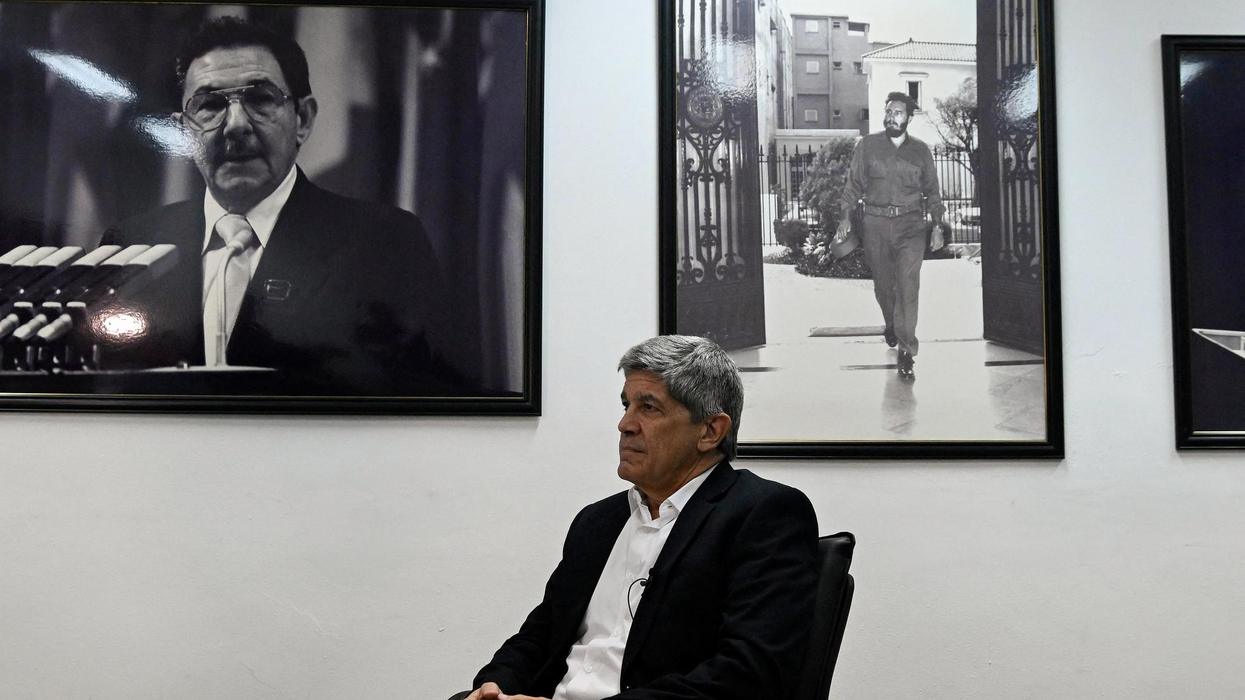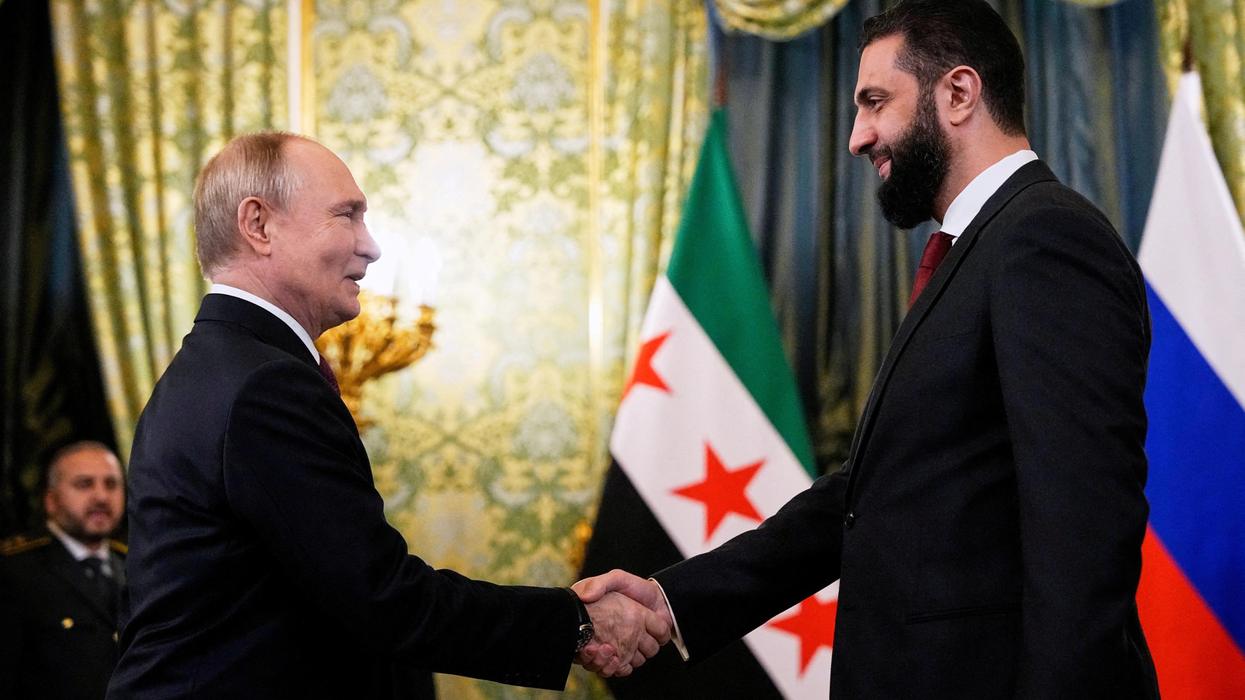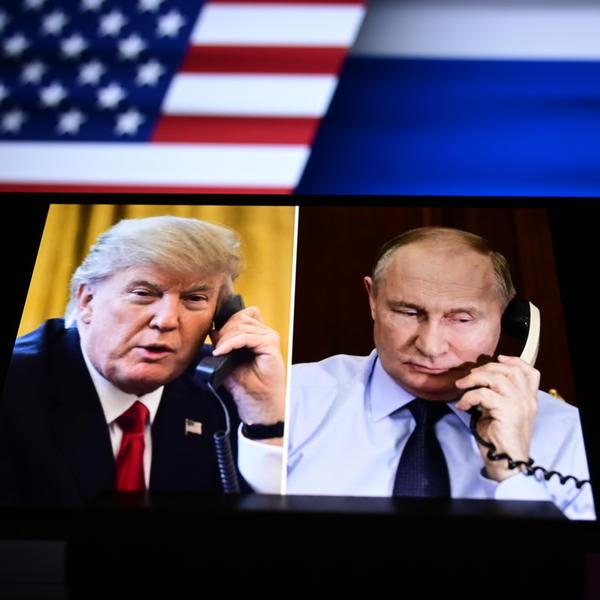The news of a meeting today between U.S., Japanese, and South Korean officials to coordinate on North Korea policy is welcome. Washington will hopefully be in listening mode and ready to adjust its North Korean policy review to reflect its allies' views and concerns.
While denuclearization remains one ultimate goal, the more near-term goal — and better starting point for negotiations — must be the building of a peace regime on the Korean Peninsula that incorporates both conventional and nuclear arms reductions and credible, sustained confidence-building measures.
The notion that the United States has ‘been there’ and ‘done that’ with such a two-track approach is simply untrue. And, in any event, the environment is now very different. Pyongyang is reeling from COVID and likely to double-down on provocations if Tokyo, Seoul, and Washington opt primarily for sticks over carrots in dealing with it.
The notion, advocated by some, that Washington can work with Seoul and Tokyo to somehow use North Korea policy to maneuver against Beijing or to compel China to apply an unprecedented level of pressure on Pyongyang is fantasy. The allies (and especially Seoul, which wants to maintain good relations with China) won’t cooperate and Beijing will not be persuaded to facilitate the collapse of its troublesome North Korean “ally."
















